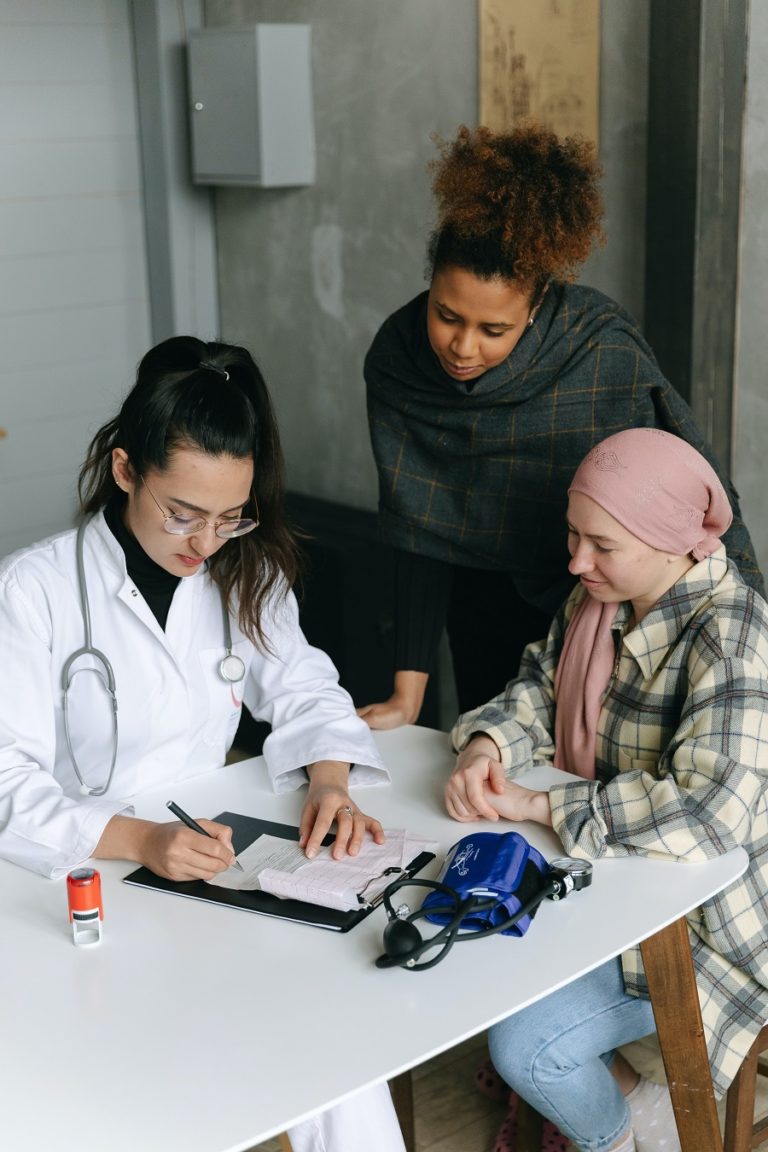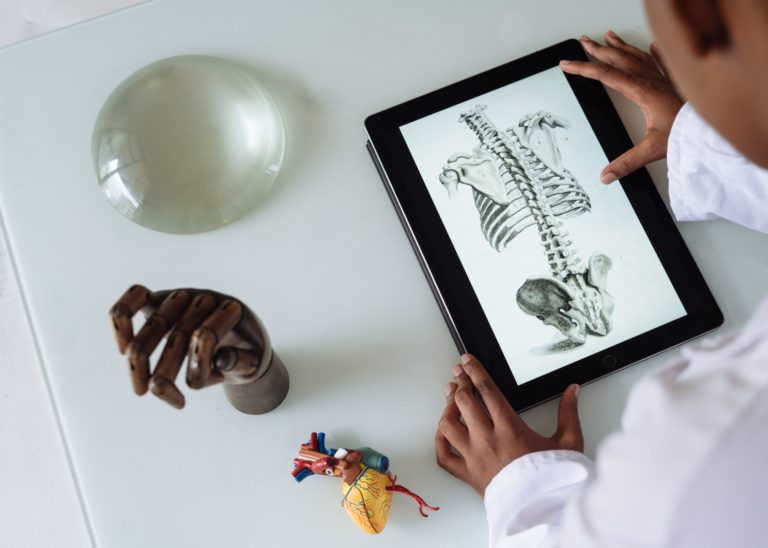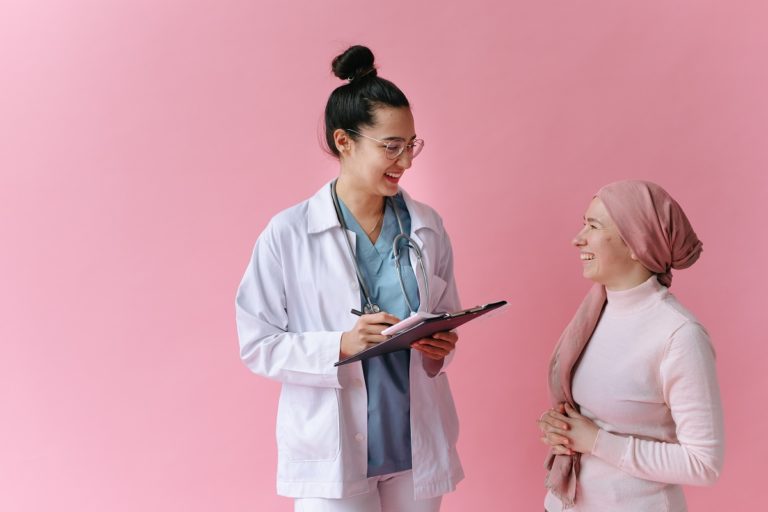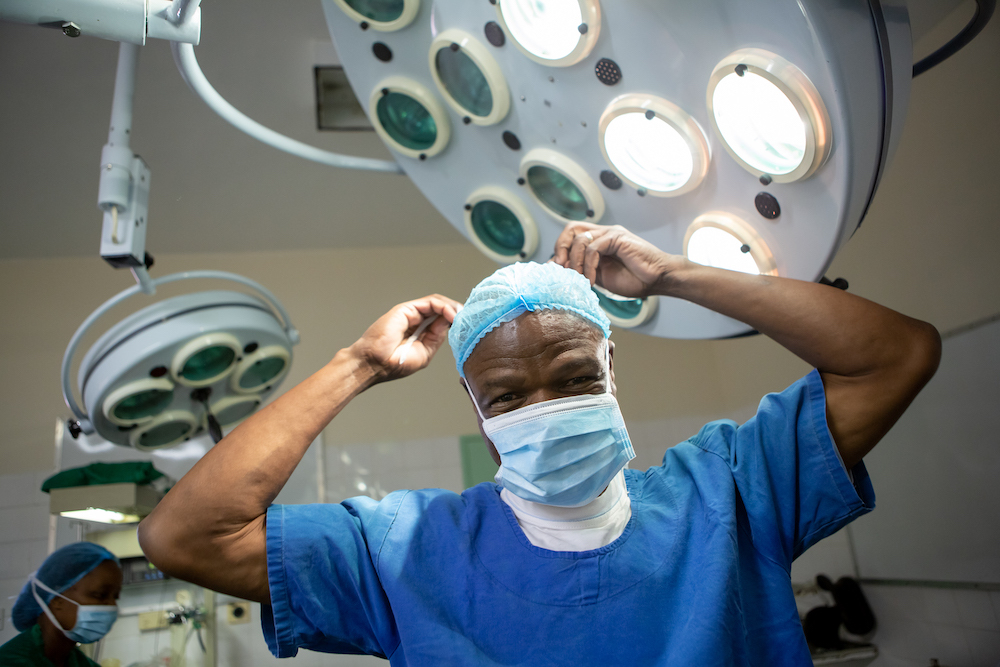The world is running dangerously behind in educating health professionals, even in countries that are slowly emerging from the worst wave of the pandemic, like the U.S., the U.K and Israel. Shortages of health professionals limit access to care, a problem that only a decisive expansion and reform in higher education can solve. In this article, I explain how training more health professionals and changing the way they are educated can help end the pandemic and build a better health workforce.
When hospitals were overwhelmed by Covid-19 patients last spring, teaching and clinical rotations for students in health professions ground to a halt. Many healthcare professionals were — and are — at the center of the pandemic. As a result, it became risky to engage students or anyone but essential personnel in clinical settings.
Today, a number of programs have slowly resumed clinical learning activities, but there is a long way to go before the situation returns to normal.
Even before the pandemic, the world faced critical shortages of health professionals, limiting access to care. And with Covid-19, we’ve seen an alarming loss of health workers in some large countries, such as Indonesia where 92 health workers have died for every 100,000 confirmed Covid-19 cases.
Other countries are struggling not only with this significant loss of healthcare personnel but also with an unusual rate of unanticipated early retirements of older healthcare professionals. Countries need to make plans to address this loss and close the gap between the demand for care and the supply of people trained to give it.
Three areas present real opportunity for regulators, professional bodies, and higher education institutions to collaborate in solving this impending crisis and ensure better training for health professionals:
First, invite students in training to help end the pandemic. Students — especially at the internship level or near the end of their programs — can play an important role in immunization campaigns, factoring in the proper safety protocol. Advanced nursing, medical, and pharmacy students can safely and effectively administer the vaccine in massive campaigns, or go door to door with adequate supervision and protection.
In addition, there are equally important roles to be filled by upper-level students in other fields. For example, psychology students can address growing concerns around mental health issues now and post-pandemic; social work and public health students can help organize vaccination rallies and assist in shaping messaging campaigns, and staffing other prevention activities. Advanced students in nutrition, can add value in reversing some of the negative effects of the pandemic on the nutritional status of children and adolescents.

Second, eliminate barriers for new program development and expand existing degrees. Regulating entities in many countries have been using damaging moratoriums for opening new health sciences programs thus losing precious time, or restricting unnecessarily the number of seats in medical and other health degrees.
Most of these restrictions are issued in the name of “quality” but they are often rooted in simplistic definitions and ideologies that disapprove of having a large number of programs, or high enrollment in any one program. In other words, they falsely equate a boutique size and selectivity with quality. Such an approach, by definition, is going to restrict the number of qualified health professionals.
Instead, regulators, accreditors, and other professional and government entities must focus on developing real measures of quality, ones that allow them to relax unnecessary size restrictions — or they risk exacerbating already significant shortages of health professionals.
Quality can, and must be protected, with modern accrediting and supervisory practices, proper licensing examinations, and robust peer monitoring.
Regulators and related entities should also be open to adopt best practices in accelerated programs of study, articulation agreements, dual professional degrees, more online education, and counting simulation as equivalent in quality to real patient clinical training. All these strategies will help produce health professionals, faster, and with quality and scale.

Third, transform higher education for health professions. This is, of course, a major lift. But the pandemic has presented higher-education institutions with a unique opportunity to rethink how they operate. To organize better training for aspiring health professionals.
Now is the time, for example, to eliminate practices that have been maintained for decades, but have little evidence of improving graduate outcomes. To name just some: The teaching of anatomy in traditional settings; the use of microscopes for teaching; the use of teaching hospitals as the main clinical learning site; fragmenting health programs across different faculties or schools, and other practices that are usually decades old and need urgent revision.
We also need to eliminate old and burdensome assessment methodologies that try to measure the competence of health professionals and replace them with more accurate and innovative tools that are centered in definitions of when a professional can be trusted and for what domains of practice.
Higher education programs should focus on graduating students who are truly practice-ready professionals and that can be trusted upon entering the workforce. The focus should be on not only acquiring all the relevant skills, knowledge, and behaviors of each profession but also developing professionals who are compassionate and agile life-long learners. These are mindsets and behaviors students can build now through experiences aimed at ending the pandemic and reinforced in clinical training through the ample use of simulation as part of the curriculum.

Longer-term, it means reimagining curricula to break the health sciences out of their silos and acknowledge the deep connections between fields from medicine to psychology to public health. We must move from a mindset of “curing” for graduates of health sciences programs to one focused much more broadly on promoting wellbeing for individuals and societies. Integration at all levels is paramount.
Health professionals can help end this pandemic, and prevent future health crises, but not if we are not training enough practice-ready professionals. To do that, we must both increase opportunities for education and training — and reimagine what it means to be educated in the health sciences.
Francisco Gutierrez, MD, is the Head of Medicine & Health for Cintana Education.
Editor’s Note: The opinions expressed here by Impakter.com columnists are their own, not those of Impakter.com — Featured Photo: Young scientist doing an experiment. Photo by Artem Podrez from Pexels










